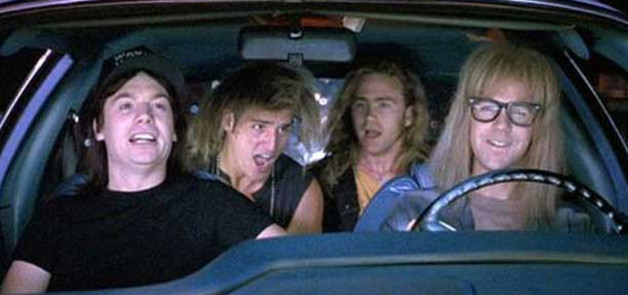The Truth and Lies About Poverty
There is much in the media these days, particularly in the right wing press, on the subject of benefit scroungers, the unemployed and poverty. I read an interesting report “The Truth and Lies about Poverty” recently by four Churches in the UK and I have copied the conclusions of the report below.
POLITICAL LIES ABOUT POVERTY; SHATTERING THE MYTHS BELIEVED BY CHURCHGOERS AND THE PUBLIC.
“The lies we tell ourselves”
A coalition of the Baptist Union of Great Britain, the Methodist Church, the Church of Scotland and the United Reformed Church call for the language of public debate to match the reality of people’s lives. A task which must put the lived experience of poverty at its heart, and be committed to truthfulness.
Myth 1
‘They’ are lazy and don’t want to work.
The most commonly cited cause of child poverty by churchgoers and the general public alike is that “their parents don’t want to work”. Yet the majority of children in poverty are from working households. In work poverty is now more common than out of work poverty. It is readily accepted that across the country there are families in which three generations have never worked. Examples of such families have not been found, and the evidence suggests it is unlikely we ever will. How did we come to believe these things?
Myth 2
‘They’ are addicted to drink and drugs.
Churchgoers and the wider public cite addiction as the second most common cause of child poverty. While addiction is devastating for the families and communities touched by it, fewer than 4% of benefit claimants report any form of addiction. How did we come to believe this is such a big factor in the lives of the 13 million people who live in poverty in the UK today?
Myth 3
‘They’ are not really poor – they just don’t manage their money properly.
Nearly 60% of the UK population agrees that the poor could cope if only they handled their money properly. The experience of living on a low income is one of constant struggle to manage limited resources, with small events having serious consequences. Statistics show that the poorest spend their money carefully, limiting themselves to the essentials. How did we come to believe that poverty was caused by profligacy?
Myth 4
‘They’ are on the fiddle
Over 80% of the UK population believe that “large numbers falsely claim benefits”. Benefit fraud has decreased to historically low levels – the kind of levels that the tax system can only dream of. Less than 0.9% of the welfare budget is lost to fraud. The fact is that if everyone claimed and was paid correctly, the welfare system would cost around £18 billion more. So how did we come to see welfare claimants as fraudulent scroungers?
Myth 5
‘They’ have an easy life
Over half the British public believes benefits are too high and churchgoers tend to agree. Government ministers speak of families opting for benefits as a lifestyle choice. Yet we know that benefits do not meet minimum income standards. They have halved in value relative to average incomes over the last 30 years. We know the ill and the unemployed are the people least satisfied and happy with life. Why have we come to believe that large numbers of families would choose this a lifestyle?
Myth 6
‘They’ caused the deficit.
The proportion of our tax bills spent on welfare has remained stable for the last 20 years. It is ridiculous to argue, as some have, that increasing welfare spending is responsible for the current deficit. Public debt is a problem but why is it being laid at the feet of the poorest?
CONCLUSION
As a coalition of major British Churches, we want to create a new story; one grounded in truth, compassion and hope. Part of our calling as Christians is to seek after truth, and that means facing up to our own blindness as well as calling others to account.
Collectively we have come to believe things about poverty in the UK which are not grounded in fact. We need to develop an understanding of the depth and breadth of UK poverty that is compatible with the evidence available.
Just as importantly we need to match the language of public debate with the reality of people’s lives. It is a task we must approach with humility; one which puts the lived experience of poverty at its heart, and one which is committed to truthfulness – no matter how uncomfortable we find those truths to be. Please join with us in this challenge.







